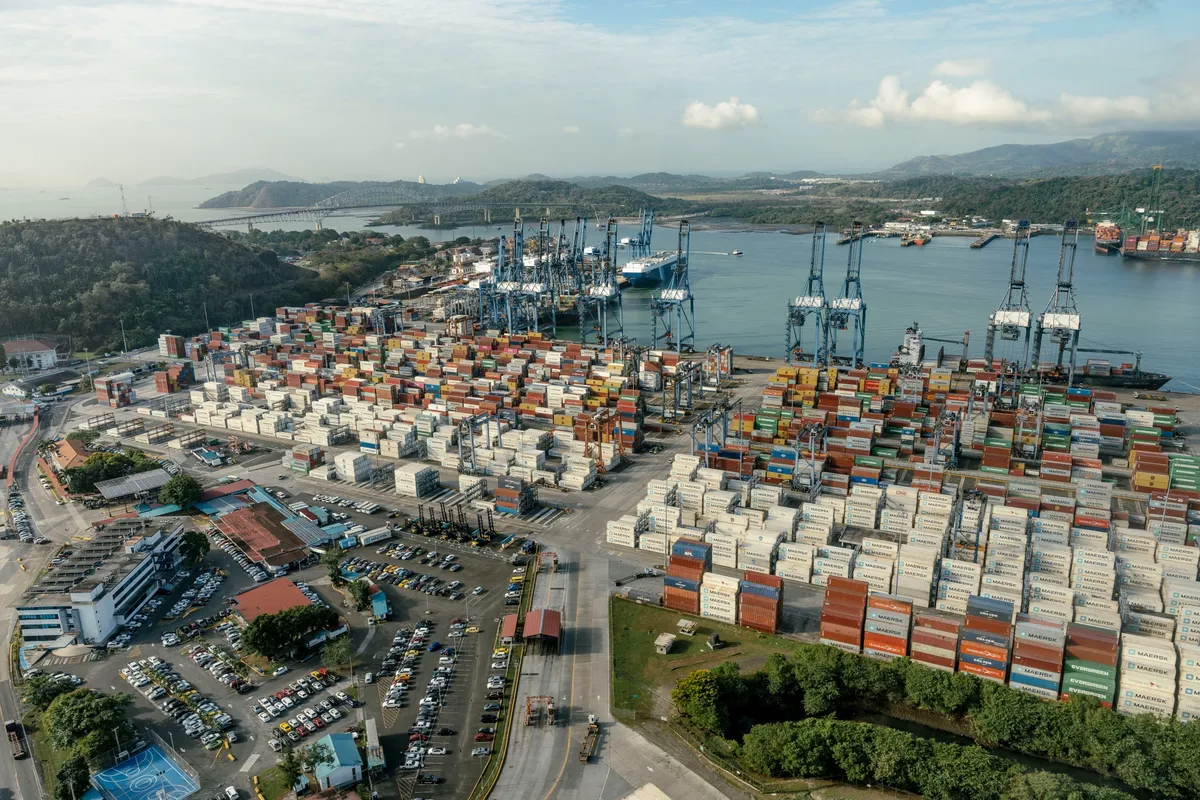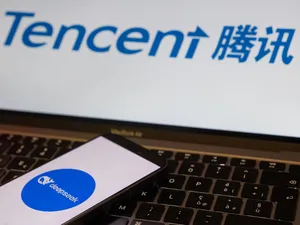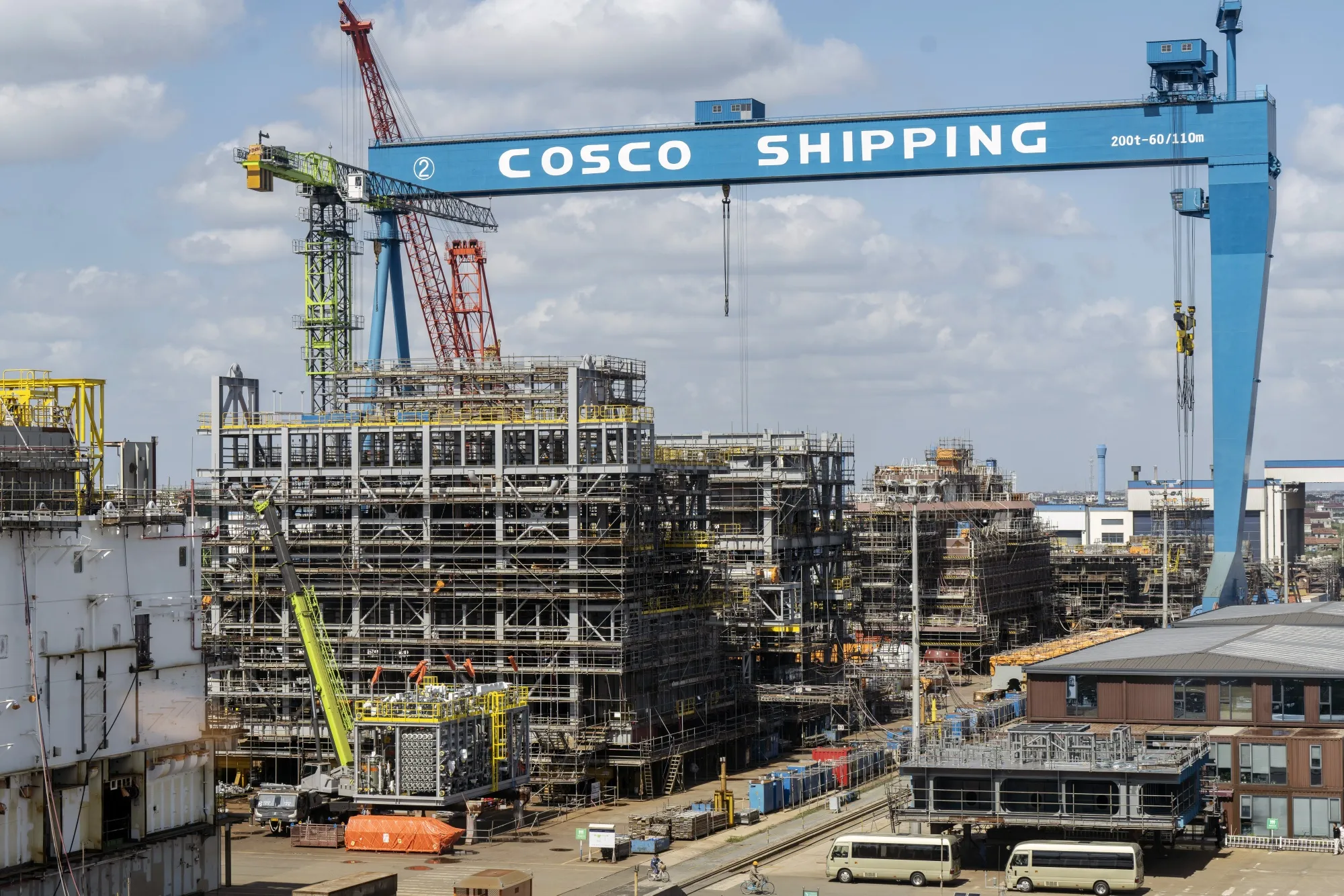China’s economy showed signs of resilience at the start of the year, with consumption, investment, and industrial production surpassing expectations. However, uncertainties remain as the country continues to face economic challenges, including pressure from U.S. tariffs imposed by Donald Trump.
According to the National Bureau of Statistics, retail sales saw their strongest growth in months, while industrial output outperformed forecasts. Fixed-asset investment also recorded its fastest expansion since early 2024. These gains suggest that Beijing’s recent pro-growth measures are providing momentum for the world’s second-largest economy.
Despite these positive signs, risks persist. The property sector remains under pressure, and unemployment has risen, indicating economic vulnerabilities. Analysts warn that if trade tensions escalate, China’s manufacturing sector could face further strain.
“While uncertainties remain, the risks are relatively balanced,” said Lynn Song, chief economist for Greater China at ING Bank.
(By Ziqi Qin)







